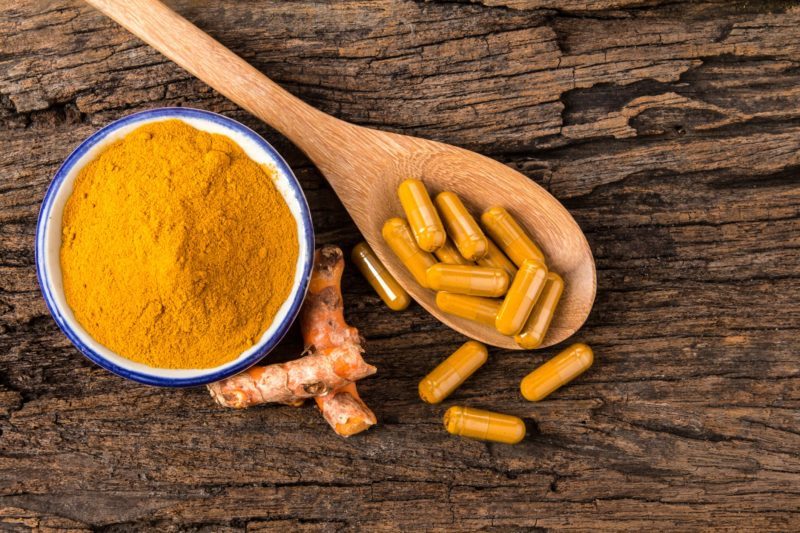The review summarizes the results fromin silicoand animal studies of curcumin on viral infections, according to the press release. The review considers the coronavirus and potential mechanisms of action by which curcumin could affect it, including:
- Coronavirus enters human cells through the ACE2 receptor by attaching its spike protein; curcumin could at least partially prevent that entry, as inferred from in silico docking studies.
- Curcumin has a potential inhibitory effect on the main protease of the coronavirus, also reported in an in silico
- Curcumin is shown in several studies to be effective in pulmonary inflammation, fibrosis, and edema.
- Curcumin plays a positive role in cytokine storm conditions during viral infections.
- Curcumin can play a recuperative role in situations wherein viral infections cause cardiac and kidney damage.
- The review also covers curcumin’s role in mitigating the morbid acute respiratory distress syndrome during viral infections.










